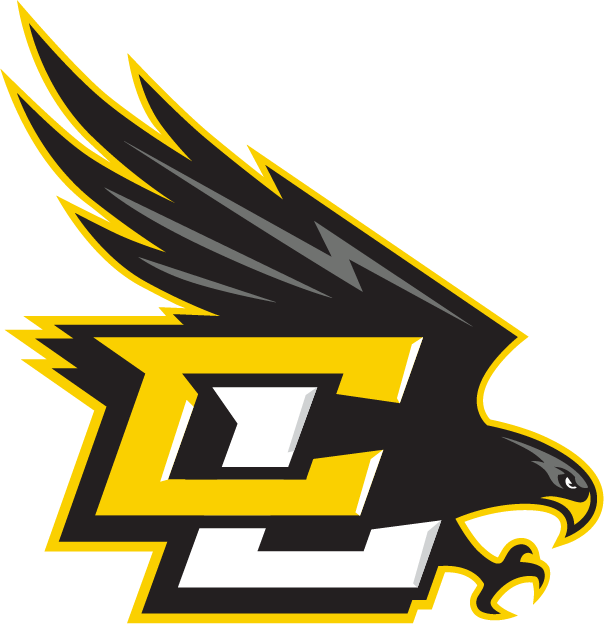English
7th Grade
For the past few years, seventh graders’ units of study have all focused around one essential question: Who am I and what do I stand for? Throughout the year, we explore this question in the texts we read and write.
Students began their year by reading several short stories and narratives, and then writing their own narratives. More recently, they have read two whole-class novels. First, they read The Outsiders, analyzing the novel’s themes related to love and social class. This novel provided great opportunities to consider how stereotypes and bias affect us.
Then, they read Nothing But the Truth, focusing on how different characters’ perspectives affect their telling of a story. After this reading, students were required to take a stand to support one of the novel’s main characters. In their role as attorney, students wrote an opening statement to outline their client’s argument against the defendant.
To kick off the second semester, students will engage in nonfiction book clubs, reading their choice of several autobiographies. Alongside this independent reading, we will read John Shufeldt’s Ingredients of Young Outliers, learning the characteristics of the outliers among us. This, more than another other unit of the year, encourages students to really think about who they are and what they stand for.
8th Grade
Eighth graders are starting the third unit of the year! They will be reading Romeo and Juliet by William Shakespeare. Students will study figurative language, dramatic irony, and written arguments. They will also be comparing different film versions of the play.
This unit consists of two big assessments. The first is an argumentative essay that places blame on a character from Romeo and Juliet for all the tragic events that transpired. The second big assessment will be a group project. Students will be presenting a fictional case to the class. Half the class will be the defense team and the other half will be the prosecution.
Students must work together and use their knowledge of constructing arguments to win the case. They will be using ethos, logos, and pathos to help strengthen their arguments, as well as pointing out fallacies in the other side’s argument. This will be a solid introduction to career paths in the crime and legal field.
9th Grade
The freshmen have just finished up their third unit over The Lord of the Flies as we end 1st semester. During this unit, students focused on characterization using the STEAL method, identifying and understanding the use of figurative language, and building writing skills by developing their ability to write effective explanations that connect to their evidence to the claim they are making.
As the second semester begins, students will begin their 4th unit, through which they will be listening to the podcast Serial. They will study the elements of a podcast, understand the use of “spin” on a story and how it affects a case, and understand how primary and secondary sources affect one's credibility. Students will be assessed on their understanding of spin and primary and secondary sources through their preparation and participation in a mock court case.
As a connection to career pathways, Officer Bently will be visiting the classes, allowing students the opportunity to ask questions about his job as a law enforcement officer.
10th Grade
Sophomores began the year with their short story unit, through which they read and analyzed three fictional texts: Harrison Bergeron, Through the Tunnel, and Masque of the Red Death. After reading Steinbeck’s Of Mice & Men, they completed their argumentative writing unit, complete with lessons on evaluating source credibility, maintaining a formal writing tone, and paraphrasing empirical information. The unit capstone assignment was a three-page research paper that required students to defend a claim with accurate, sufficient, and relevant evidence.
Second-semester plans include reading and analyzing several informational texts, as well as Harper Lee’s To Kill a Mockingbird. In addition to making thematic connections between the novel and personal experiences, students will be asked to consider how reading comprehension skills, such as identifying key details and making context-based inferences, are authentically useful in the workplace and beyond.

